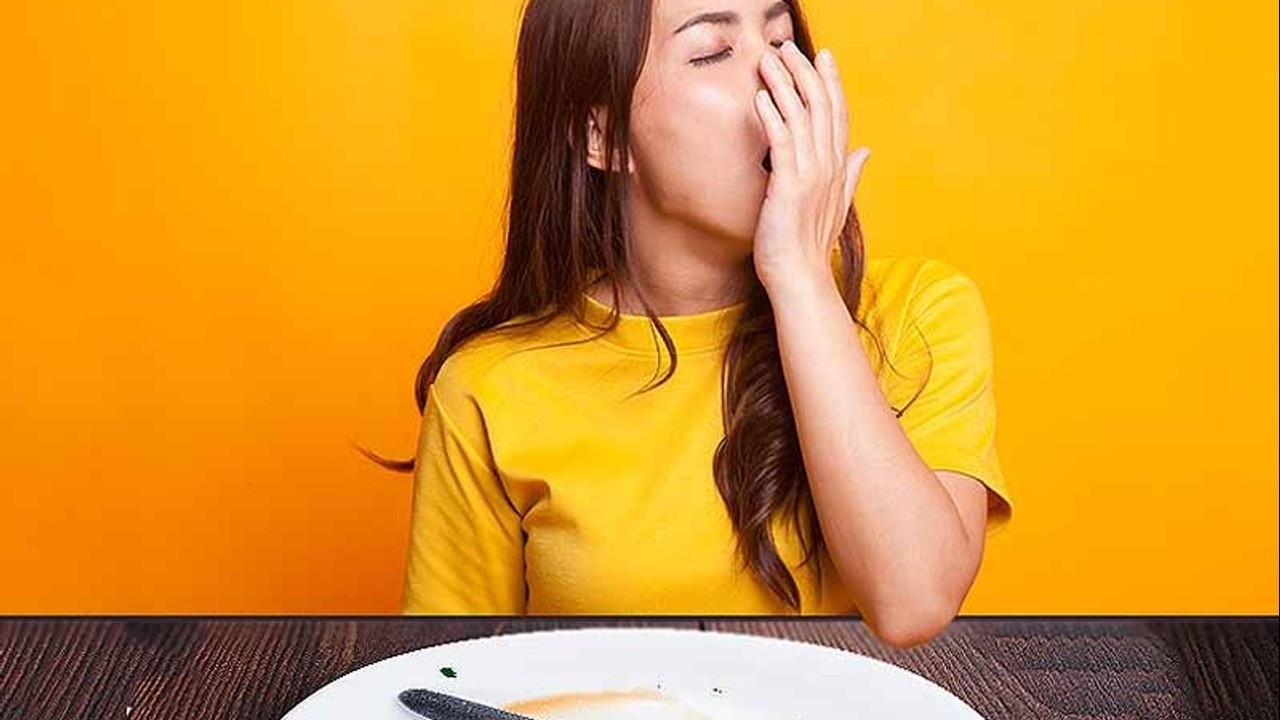Do You Often Feel Tired After Eating? This May be Why...

Did you know that your blood sugar levels fluctuate throughout the entire day? If the sugar AKA glucose levels in your blood are too low, you can sometimes get a condition called hypoglycemia.
Reactive hypoglycemia (postprandial hypoglycemia) refers to a drop in blood sugar that occurs shortly after a meal, usually within four hours. This is different from fasting-induced low blood sugar (hypoglycemia).
I know what you may be thinking... “Well Maryann, I don’t have diabetes so this doesn’t concern me”. Well the truth is, reactive hypoglycemia can occur in both people with and without diabetes, and is thought to be more common in overweight individuals or those who have had gastric bypass surgery.
The signs & symptoms of reactive hypoglycemia can include:
- Hunger
- Pale skin
- Weakness
- Shakiness
- Sweating
- Lightheadedness
- Anxiety
- Confusion
- Feeling faint
- Extreme tiredness
- Weakness
So why might someone get reactive hypoglycemia? The answer isn’t always clear. It's most likely the effect of your body producing too much insulin after a high-carb meal. Scientists aren't sure why, but even after you've digested your food, your body may continue to create additional insulin. Your blood glucose level drops below normal as a result of this increase in insulin.
No medical treatment is usually required for cases of reactive hypoglycemia. Instead, you can utilize nutrition to support more stable blood sugars & prevent symptoms of reactive hypoglycemia by:
- Eat a well-balanced diet, including meat, poultry, fish, non-meat sources of protein, dairy products and fibre-rich foods such as whole grains, fruit and vegetables.
- Avoiding sugary foods and processed simple carbohydrates, such as white bread or white pasta, especially on an empty stomach.
- Eating food when drinking alcohol, if you drink. Also, avoid using sugary soft drinks as mixers.
- Eating several small meals and snacks throughout the day, about three hours apart during waking hours.
- Exercise regularly. Physical activity increases sugar uptake which, in turn, decreases excessive insulin release.
It’s important to see your doctor to determine if there’s an underlying cause for your symptoms if you’re having recurrent and unexplained episodes of hypoglycemia.


